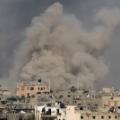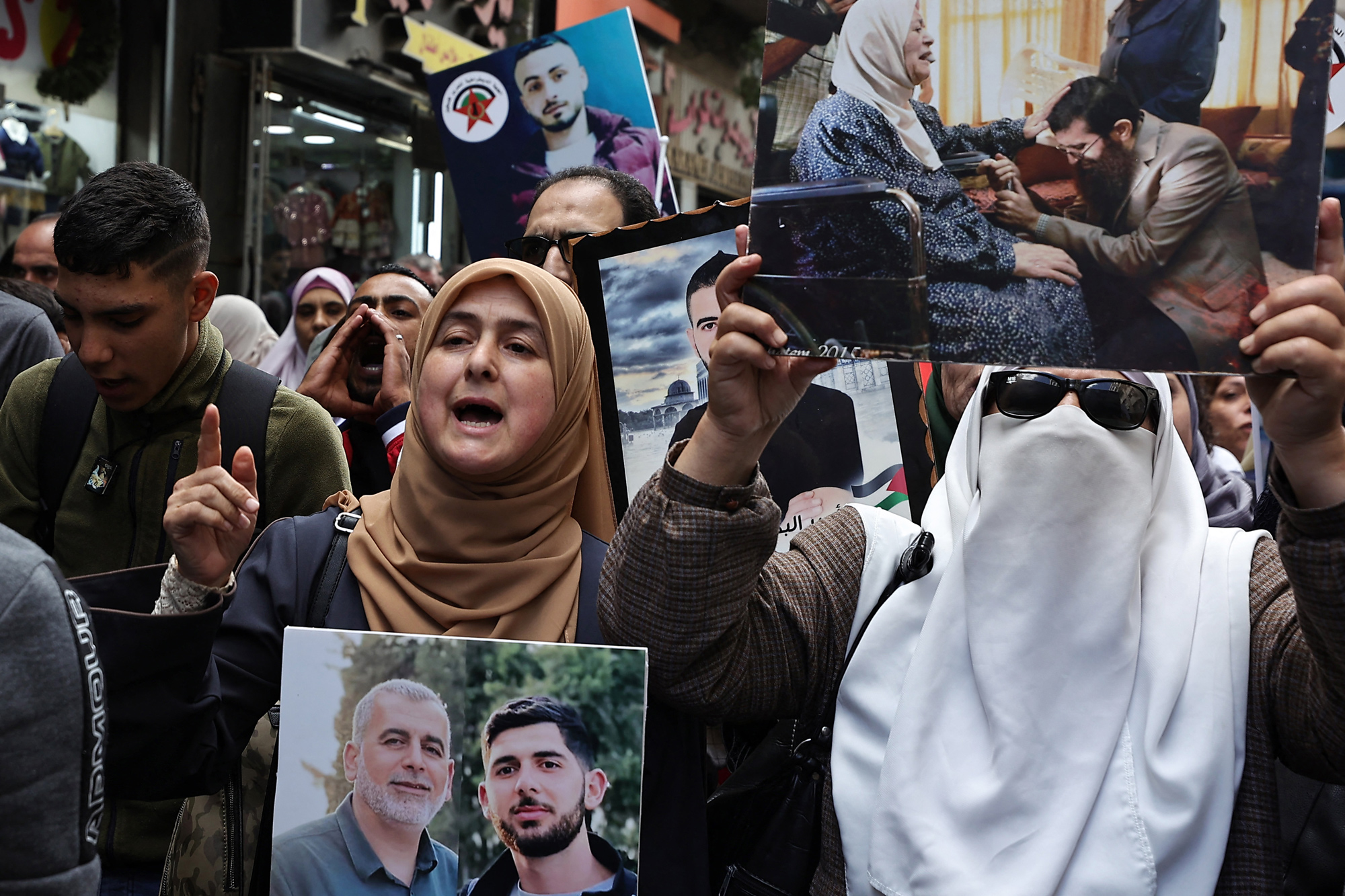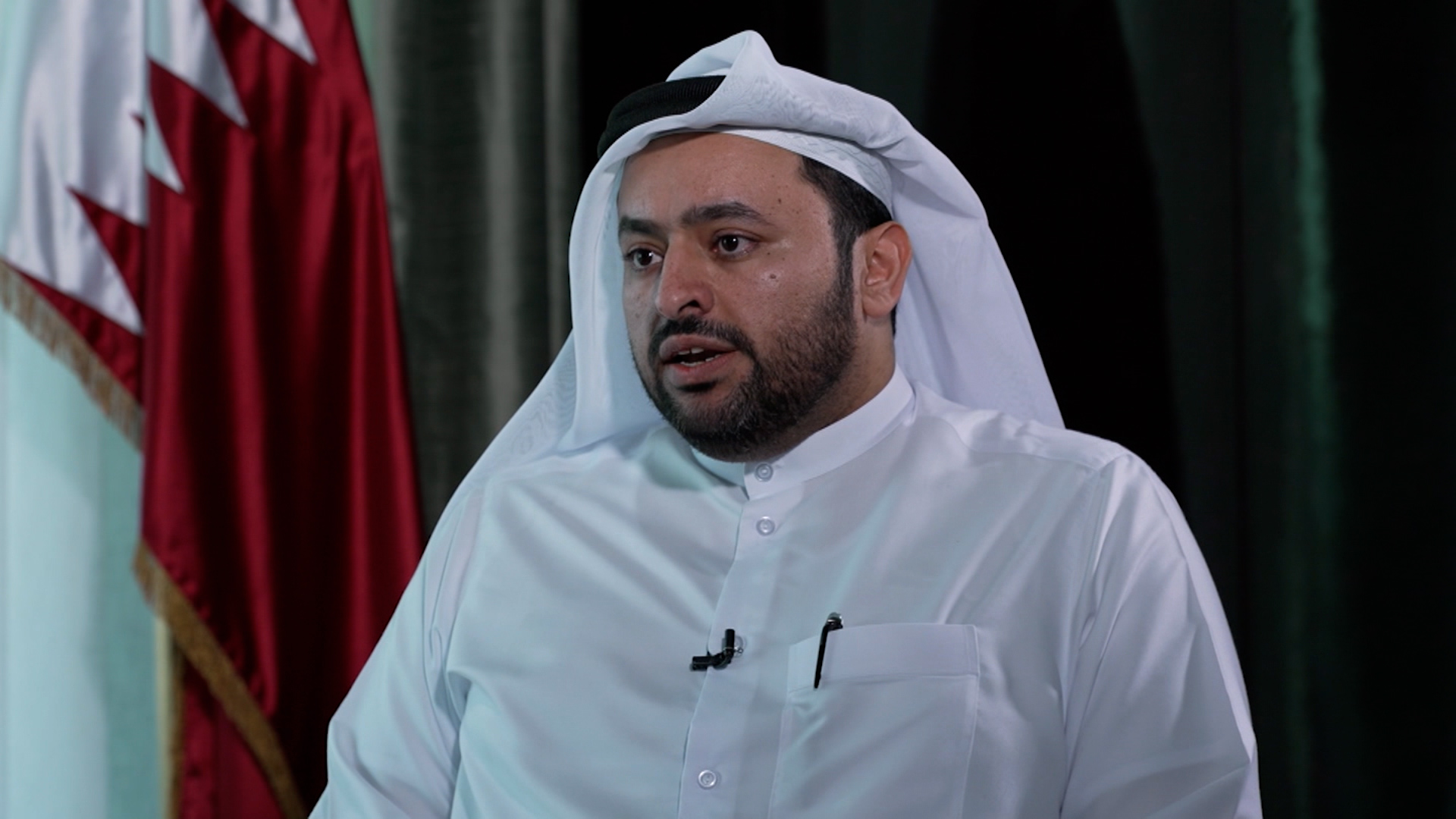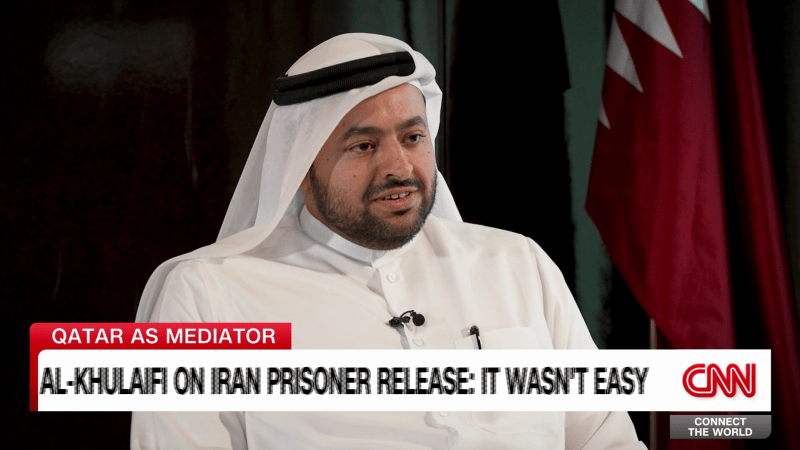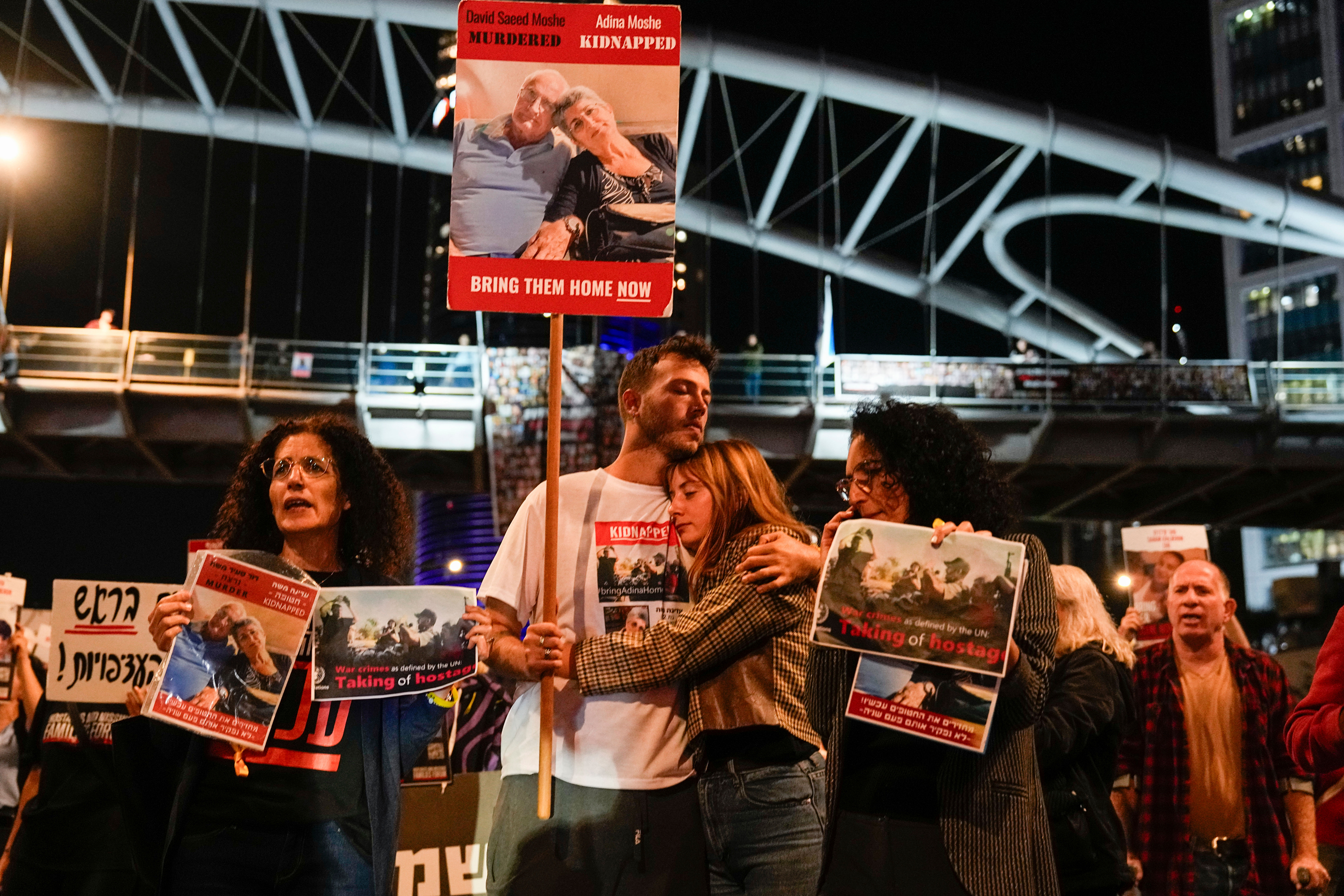
US officials have a working list of 10 hostages they believe are likely to be released from Gaza on day one, a source familiar told CNN. It was not clear whether any of the three American hostages —including three-year-old Abigail Edan — would be released on the first day.
The deal is structured in such a way that each day, a group of hostages to be released would be handed off to the Red Cross; the Red Cross would then take the group to a designated border point, which will largely depend on the location of those hostages, the source familiar said.
Fifty Israel hostages — including some with dual nationalities — are expected to be released over the four-day pause. Ten is the minimum number of hostages to be released each day, but that could be higher. Many of the first 50 hostages are expected to come out through Egypt, they said.
The first swap had been expected to take place on Thursday, a source familiar with how hostages are expected to leave Gaza told CNN. However, the Israeli National Security Council said later that the pause would be delayed and no hostages are expected to be released before Friday.
The first two days of the hostage release will be treated as a “testing period” to make sure the process is working, the source said. By day three, there is expected to be intense discussions about the potential second phase of the hostage release beyond the initial group of 50.
Brett McGurk, a White House official, told CNN Wednesday he could not speak about the schedule of when the Americans would be released. He confirmed that three US hostages – Abigail and two women — are expected to come home as part of the 50 hostages released by Hamas. A total of 10 Americans are believed to be hostages.
“I was asked earlier do we know if the 50 are alive and well. We understand they’re alive, but they're certainly not well,” McGurk said. “These 50 women, children and toddlers, it's just unimaginable what they've gone through, but we're gonna make sure that they get the care they need when they come home.”
McGurk said he is “hopeful” that the Red Cross will get access to the other hostages, but noted, “I cannot confirm that nor guarantee that.”
Meanwhile, the Israeli Supreme Court “has now greenlit the (hostage) deal to go forward,” thus clearing the way for the process to move forward this week, McGurk said.



